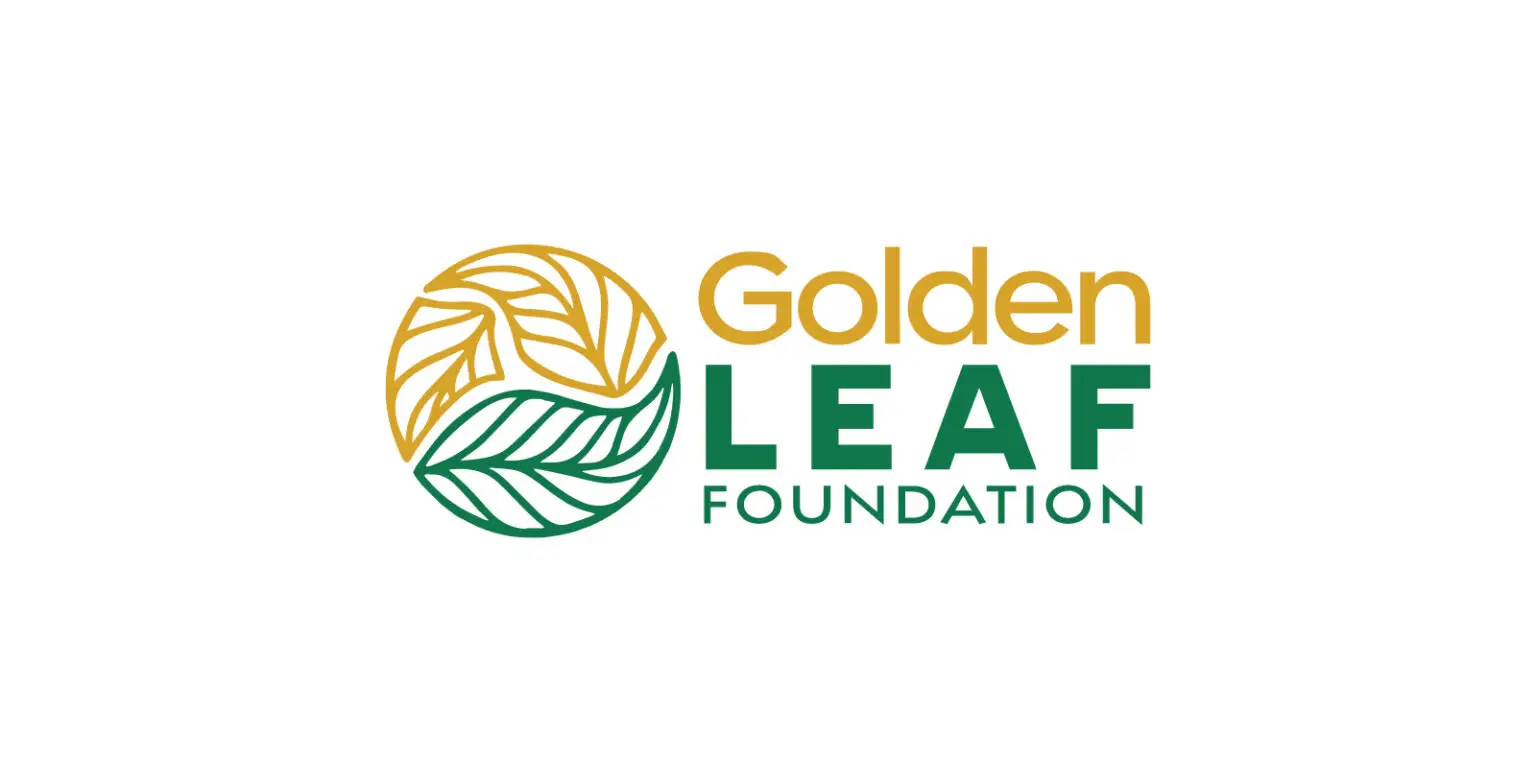The Golden LEAF Foundation Board recently adopted a long-term strategic plan to serve as a roadmap for the next few years. During the process, Golden LEAF fine-tuned its priority areas and created goals for each of these areas. Golden LEAF’s five strategic priority areas are:
- Job Creation and Economic Investment
- Workforce Preparedness
- Agriculture
- Community Competitiveness, Capacity, and Vitality
- Organizational Excellence
The mission of Golden LEAF is to increase economic opportunity in North Carolina’s rural, economically distressed, and tobacco-dependent communities. Golden LEAF views agriculture projects as an economic development engine. Golden LEAF supports agriculture by funding projects that support the development of new crops, expanded markets for agriculture products, scientific research, training for farmers, cost-effective techniques and value-added agricultural enterprises.
Some of the ways Golden LEAF measures the success of an agriculture project is through tracking the number of participants at agricultural trainings, new publications directed towards farmers, and the monthly use of agricultural facilities that benefit farmers. Other outcomes of agriculture projects include jobs, revenue growth, new agricultural business formations, economic output, changes in agricultural practices; acres in production; and new crops/ products grown or produced.
In early 2020, Golden LEAF brought Board members, legislators, and stakeholders to the University of Mt. Olive Student Farm to discuss various Golden LEAF investments in agriculture including the Northeast Regional School of Biotechnology and Agriscience, the University of Mount Olive, and the North Carolina SweetPotato Commission that help expand markets for farmers and offer training to students in a career related to agriculture.
Learn more about the statewide and regional agriculture projects support by Golden LEAF below:
N.C. State University Plant Sciences Initiative
The N.C. State University Plant Sciences Initiative will create opportunities to grow the state’s thriving agricultural industry into a global leader by developing new products, conducting research, and educating our next generations of agriculture industry employees for the jobs of the future. This public-private partnership will bring together the brightest minds in academia, government, and industry to drive vital research and innovation that will increase crop yields, extend growing seasons, enhance agricultural and environmental sustainability, and produce new and improved technology. Golden LEAF awarded funds to support construction of this facility.
Reinvestment Partners – Bull City Cool
Reinvestment Partners, a community development nonprofit in Durham, N.C., was awarded Golden LEAF funding to provide a second cooler at Bull City Cool, a multi-tenant storage and handling facility. The second cooler has helped grow the number of farmers in surrounding rural and economically distressed communities in the program, increase local food revenue, and provide technical assistance to local food businesses.
N.C. State – N.C. Food Innovation Lab
The North Carolina Food Innovation Lab (NCFIL) is a state-of-the-art facility that will create opportunities to grow the state’s food manufacturing industry and support North Carolina farmers and agriculture by assisting food companies, farmers and entrepreneurs in creating new plant-based foods. Golden LEAF awarded funding to support purchase of equipment for the facility.
Wilkes County – Farming Programs
Wilkes EDC was awarded Golden LEAF funding, to work in collaboration with the Cooperative Extension, to support the establishment of a cost-share genetic improvement program to boost the profitability of local cattle producers. This project built upon prior success to assist young farmers who are often challenged with continuing farming due to lack of access to and the high cost of owning equipment required to maintain their farms.
N.C. State – Sweet Potato Research
Golden LEAF awarded funding to support N.C. State University for various research efforts targeting internal necrosis in Covington sweet potatoes. The team discovered that by changing the curing process — a heat treatment that encourages the roots to heal cuts and abrasions and converts starch into sugar after harvesting and before storing in a cool storage room — greatly reduces the incidence and severity of internal necrosis in Covington sweet potatoes.
Davie County Schools – Agriculture, health sciences, and culinary careers
The Golden LEAF Foundation Board awarded $199,977.54 to Davie County Schools to improve high school students’ employability in agriculture, health sciences, and culinary careers at the new Davie County High School.

